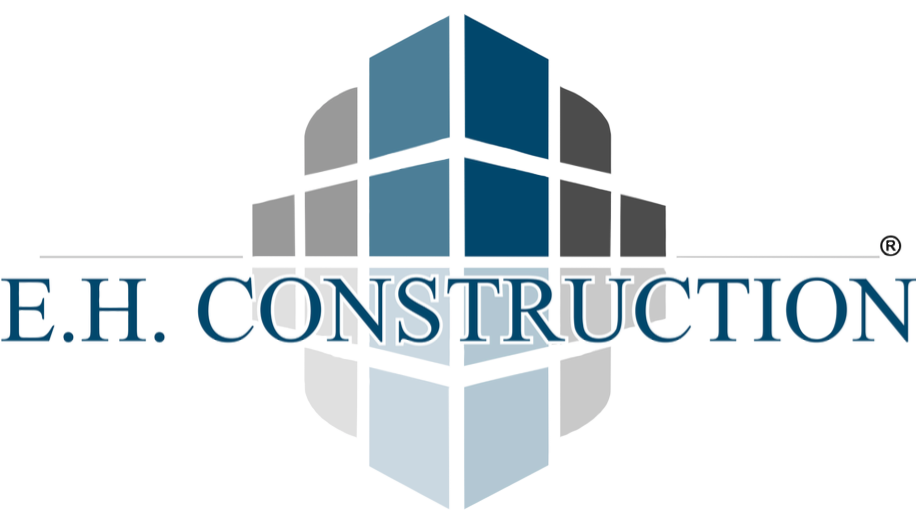How to Maintain Your Home’s Plumbing System (Without Losing Your Mind!)
Let’s be real—no one wants to deal with a plumbing disaster. Leaky pipes, clogged drains, and unexpected floods are enough to send any homeowner into a full-blown panic. But with a little maintenance (and a sprinkle of construction know-how), you can keep your home’s plumbing system running smoothly. Whether you're a general contractor, a weekend DIY warrior, or just someone trying to avoid calling a construction company at midnight, these tips will keep your plumbing in top shape.
1. Watch What Goes Down the Drain
Your pipes aren’t a black hole for everything you don’t want anymore. Grease, food scraps, hair, and mystery gunk can cause major clogs. Instead of dumping bacon grease down the sink, toss it in the trash. Hair in the shower? Invest in a drain cover—it’s cheaper than an emergency call to your home builders for unexpected foundation damage due to leaks.
2. Keep an Eye on Water Pressure
Think of water pressure like a girder truss—too much stress and things start cracking. If your water pressure is too high, it can damage your pipes and fixtures. A simple pressure gauge can tell you if you're in the safe zone (usually between 40-60 psi). If it's too high, a pressure regulator is a smart investment—way better than replacing burst pipes in the middle of your kitchen remodel!
3. Know Where Your Shut-Off Valves Are
Imagine this: It’s 2 AM, your bathroom looks like a construction site, and water is pouring from somewhere. The first thing you need to do is shut off the water—if you can find the valve before your floors turn into an indoor pool. Locate your main shut-off valve and those for individual fixtures ahead of time. Trust us, your floor plan (and your sanity) will thank you later.
4. Inspect for Leaks (Before They Become a Disaster)
Leaks don’t just waste water; they can lead to foundation damage, expansive soils issues, and even mold (yikes). Check under sinks, around toilets, and anywhere pipes run. If you spot damp spots or mysterious water stains, don’t ignore them. A little damp proofing now can prevent a major headache later.
5. Maintain Your Water Heater
Your water heater works hard—probably harder than a construction worker on a hot summer day. To keep it running efficiently:
Drain it once a year to remove sediment buildup.
Check the anode rod (it prevents rust and should be replaced when worn).
Make sure the temperature is set to a safe 120°F to avoid scalding and save on energy bills.
Ignoring your water heater is like ignoring a change order—it’s going to come back to bite you!
6. Test Your GFCI Outlets Near Water Sources
Water and electricity don’t mix, which is why your kitchen and bathroom outlets should have GFCI (Ground Fault Circuit Interrupter) protection. These handy devices shut off power if they detect moisture or a short circuit, preventing electrocution. Test them monthly by pressing the “test” button.
7. Winterize Your Pipes (Even in Warmer Climates!)
If you live in a colder region, freezing temperatures can turn your pipes into ice-filled ticking time bombs. Insulate exposed pipes, especially those in basements, attics, and exterior walls. Even in milder climates, a freak cold snap can wreak havoc—so be prepared!
8. Keep Your Sewer Line Happy
Your sewer line is like the backbone of your home’s plumbing. Tree roots, grease buildup, and debris can cause backups (which no one wants). Here’s how to keep it flowing:
✔ Use enzymatic drain cleaners monthly.
✔ Avoid flushing anything except toilet paper.
✔ If you notice slow drains, bubbling toilets, or bad smells, get a professional to check for blockages before you need an emergency backhoe crew in your front yard.
9. Schedule an Annual Plumbing Inspection
Even if you’re the DIY type, having a contractor or licensed plumber inspect your system once a year is a good idea. They can spot small issues before they become big, wallet-draining problems. Think of it like reviewing blueprints before breaking ground on a new project—better to catch errors early!
10. Know When to Call the Pros
Some plumbing issues require the skills of a custom home builders level expert. If you’re facing major leaks, burst pipes, or water damage affecting your framing and fascia, don’t try to tough it out—call a pro. It’s worth it to avoid long-term damage that can increase the cost to build a house (or repair it!).
Final Thoughts
Maintaining your home’s plumbing isn’t rocket science, but it does require some attention and care. By following these tips, you’ll save yourself from costly repairs, water damage, and unnecessary stress. Whether you're planning a passive house build, upgrading your forced air heating/cooling system, or just trying to keep your sink from flooding your kitchen, a little maintenance goes a long way!
So, take care of your plumbing, and it will take care of you—just like a solid foundation supports a building construction project! 🚰🔧💪
Want more home maintenance tips? Follow us for expert advice straight from the pros in the construction world!

